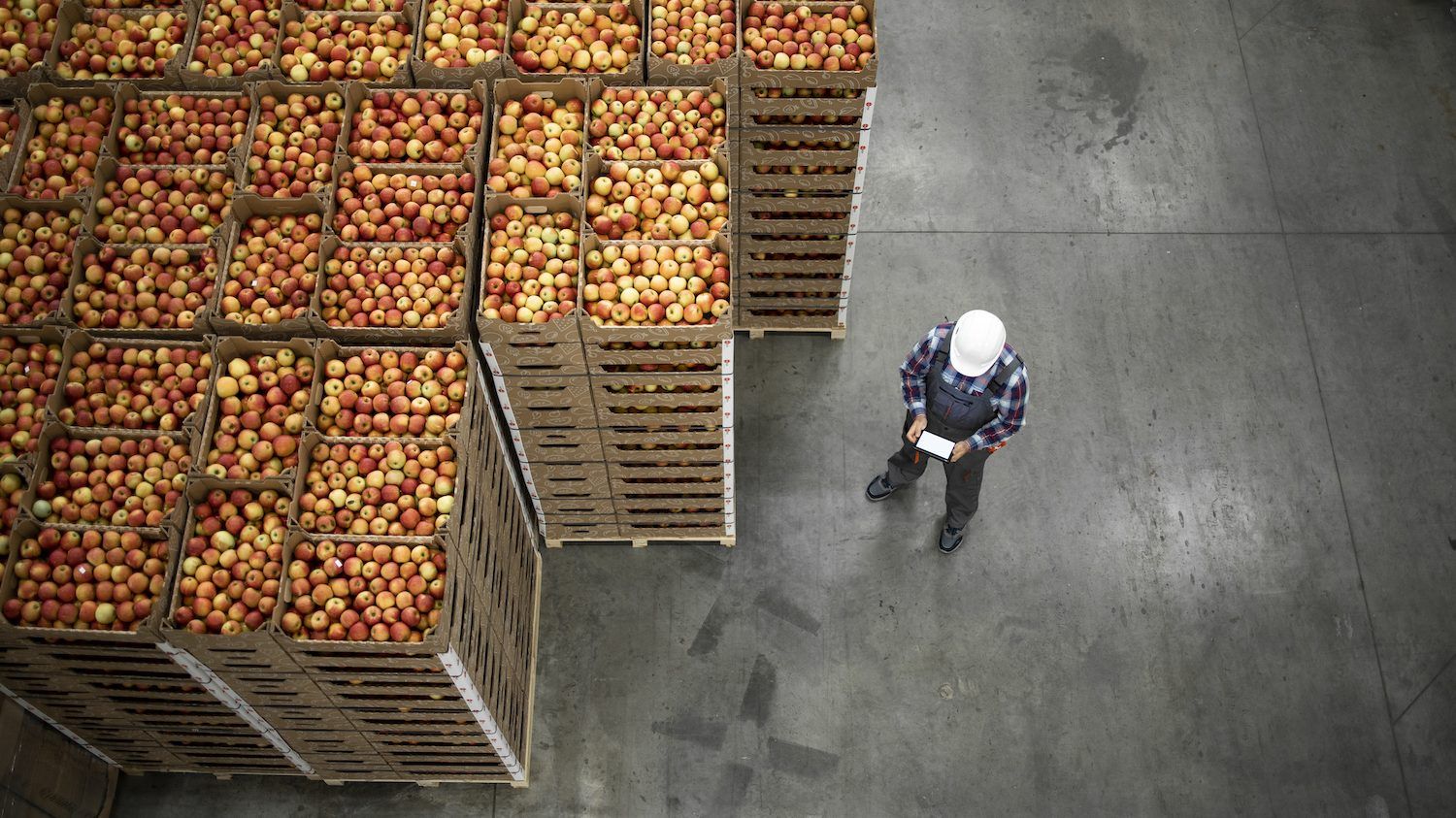how can we do that?
we think people won’t change and systems can’t change because they’re entrenched and complicated. but given the right circumstances, systems can change and people can start acting and eating differently in fairly short order.
i became optimistic, [thinking] maybe it’s not inevitable that our grocery stores are full of processed foods or that people line up at food banks, since there’s plenty of food in the world. given the right circumstances, reasons and specific strategies, people can change.
how did the u.k. food systems change?
[leaders at the time] did not want to take over the food system or interfere in markets. but war was on the horizon, and they realized that leaving all the food systems in the hands of private enterprise wasn’t going to meet needs. so they decreased imports, because ships bringing in food would be threatened; they incentivized farmers to plow up marginal pastures and grow food for people; they encouraged everybody to grow some of their own, to [make] more simple meals, and to take only their fair share of the foods that were going to be scarce.
eleanor boyle’s book “mobilize food! wartime inspiration for environmental victory today” makes a case for canada creating a ministry of food. supplied
how do we turn our somewhat entitled attitudes around to accomplish that?
i think humans do have a deep cooperative tendency. polls have shown canadians want to do something, they’re trying to drive less, trying to eat less meat, [but wondering] is that enough? we need visionary leadership to tell us the specific things we need to do to be a good neighbour and a good citizen.
 6 minute read
6 minute read





















